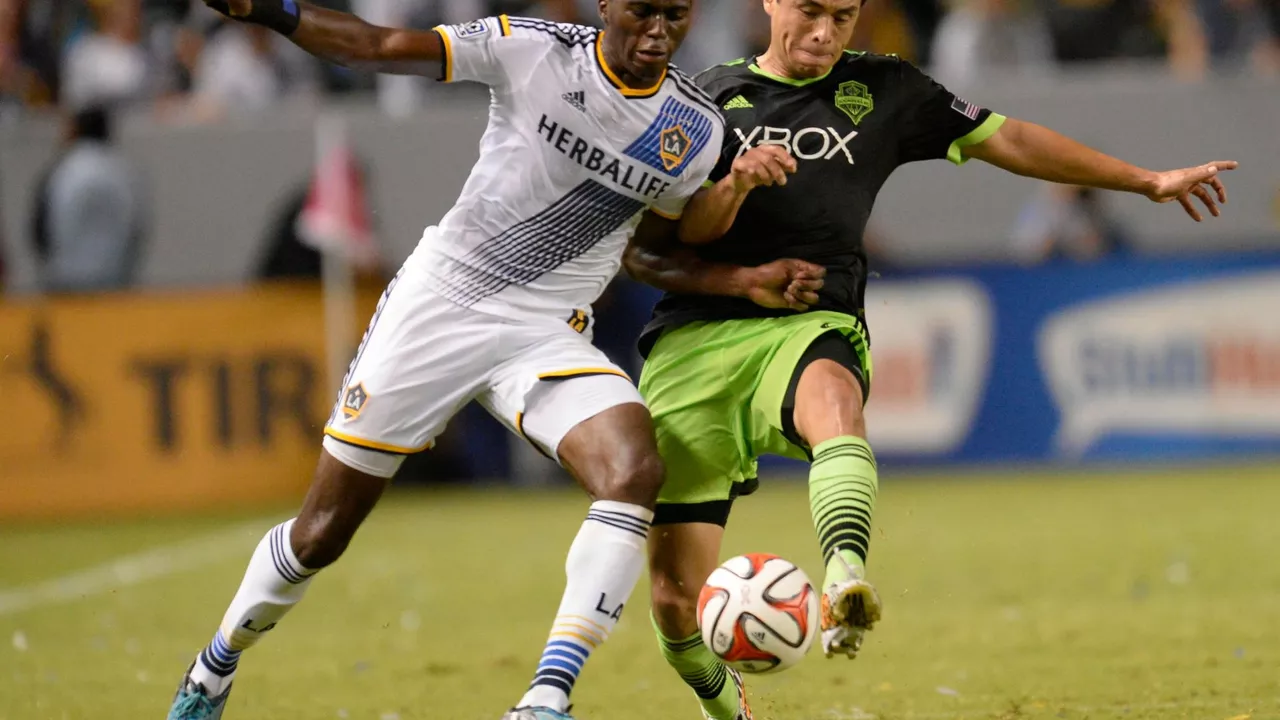Soccer News, Transfers and Highlights – Stay Updated
Welcome to the soccer tag page on Championship Football Buzz. Here you’ll find fresh news, transfer gossip and match recaps all in one spot. We keep the language simple and the facts straight so you can read through a story in a few seconds. Whether you follow the Premier League, the Championship or international games, this page has something for you.
Top Transfer Talk
One of the biggest buzz pieces right now is Marcus Rashford’s possible move to Barcelona. A former Manchester United legend called the English striker "phenomenal" and said he could thrive under the Spanish club’s style. The article breaks down what Barcelona would need financially and how Rashford fits into their attack.
Another hot name is Marc Guehi, who Liverpool is trying to sign for around £35 million. The deal is linked to a potential swap involving Joe Gomez heading to AC Milan. We explain why Palace wants a higher fee, what the add‑ons could look like and how the move would affect both clubs’ defensive plans.
Young talent also gets the spotlight. Elliot Anderson earned his first senior England call‑up after a strong season with Nottingham Forest, and Jobe Bellingham called his 2024/25 campaign unforgettable after helping Sunderland win promotion and securing a move to Borussia Dortmund. Their stories show how quickly a player can go from league regular to international attention.
Match Highlights & Player Spotlights
For match fans, we cover the biggest moments every week. Recent highlights include a crazy 41‑40 comeback win for the Buffalo Bills in the NFL – not soccer but a reminder that sport drama is everywhere. In soccer news, we dive into the FA Cup semi‑final draw, where Crystal Palace will face Aston Villa and Nottingham Forest will take on Manchester City. The preview looks at each team’s form and key players to watch.
We also bring you live scores and analysis from overseas fixtures, like the Zimbabwe versus Sri Lanka ODI where Sri Lanka chased 299 at Harare Sports Club. While that’s cricket, the pattern of detailed match reports stays the same: quick recap, standout performers and what the result means for the next games.
Every article on this tag is written to give you the facts fast. We avoid jargon, keep sentences short and focus on what matters to a fan – the player moves, the game‑changing moments and the impact on the next round. Bookmark this page and check back often; we add new stories as they happen so you never miss a beat.
Got a story you want us to cover? Drop a comment or send us a tip. The buzz is built by fans like you, and we love hearing what you think about the latest transfer rumours or match controversies. Stay tuned, stay loud, and enjoy the beautiful game.





